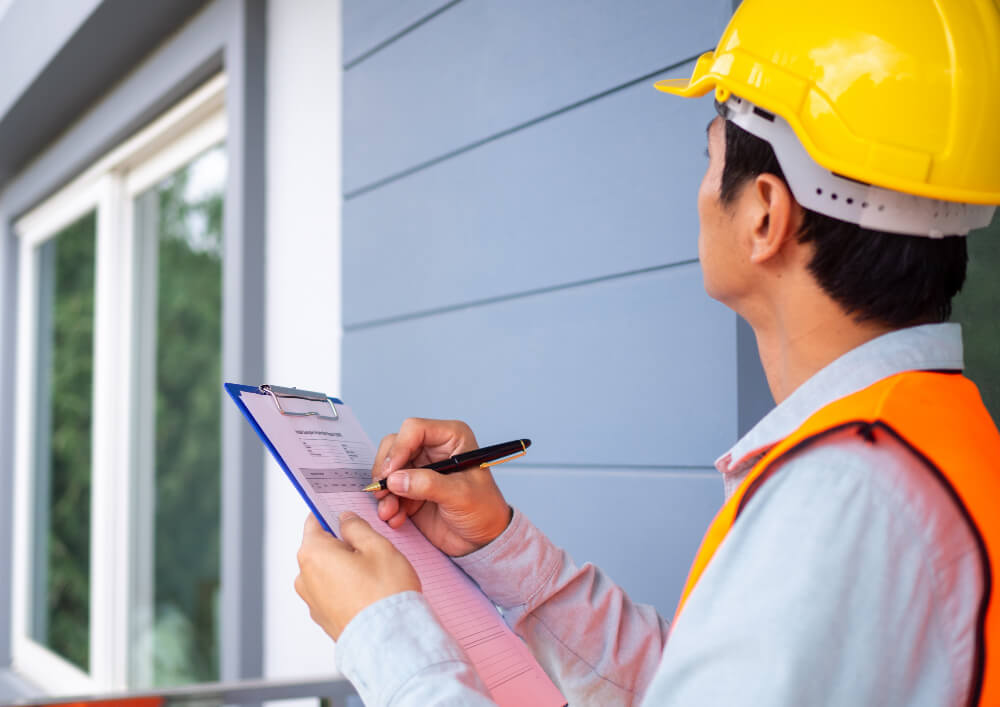Tips for your home inspection when buying a property
Tips for your home inspection when buying a property
Buying a property is one of the most important purchases you can make in your life, so it’s essential to take all the necessary precautions to ensure you make the right choice. One of the steps is the inspection of your future property.

Here are some practical tips for your inspection when buying:
- Hire a professional inspector: Engage a licensed and experienced home inspector to thoroughly assess the property’s condition. They can identify hidden problems you might miss.
- Check the structure: Look for cracks, water damage, and signs of settling or shifting in the walls, foundation, and roof.
- Inspect plumbing and electrical systems: Ensure all faucets, toilets, and electrical outlets are working correctly, and check for any leaks or faulty wiring.
- Examine the HVAC system: Test heating, ventilation, and air conditioning systems to ensure they are in good working order.
- Inspect windows and doors: Check for drafts, proper sealing, and functional locks.
- Assess the exterior: Inspect the siding, landscaping, and drainage to identify potential issues with water pooling or inadequate maintenance.
- Check for signs of pests: Look for evidence of pests like termites, rodents, or insects.
- Review the property’s history: Check for any past damage, repairs, or insurance claims that may indicate recurring problems.
- Consider the neighborhood: Evaluate the area for safety, nearby amenities, and potential for future development.
- Review documents and permits: Ensure all necessary permits and certificates are in order and review any HOA rules and regulations if applicable.
- Inspect the foundation: Look for cracks, settling, or signs of water damage in the basement or crawl space.
- Consider environmental factors: Check for potential risks such as flood zones, soil contamination, or other environmental hazards.
- Assess the age and condition of major appliances: Check the age and condition of the refrigerator, dishwasher, water heater, and other major appliances.
- Check for sufficient insulation: Inspect the insulation in the attic and walls to ensure energy efficiency.
- Consider future maintenance and repair costs: Estimate potential expenses for repairs and renovations over time.
If you have any questions, do not hesitate to contact us!
